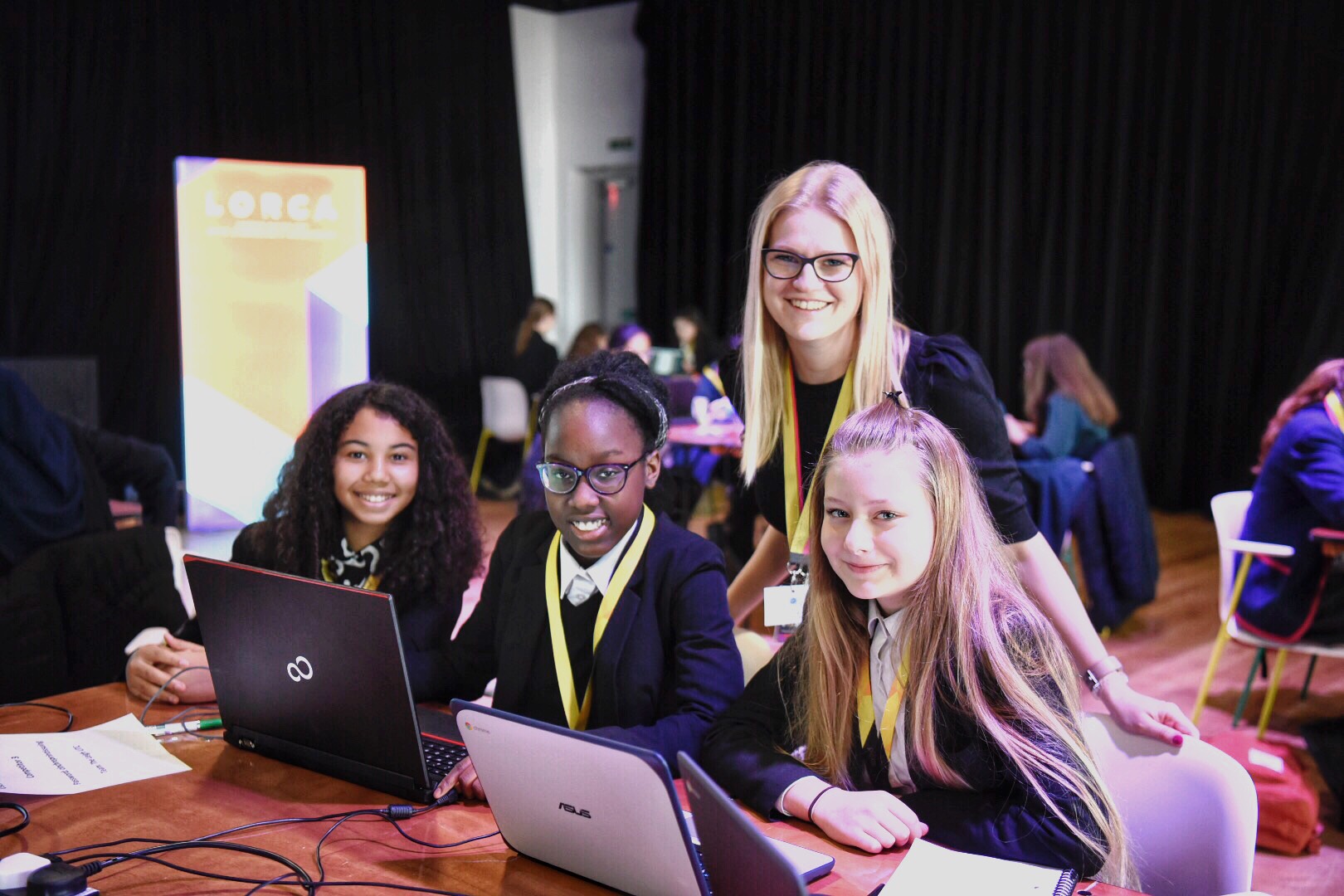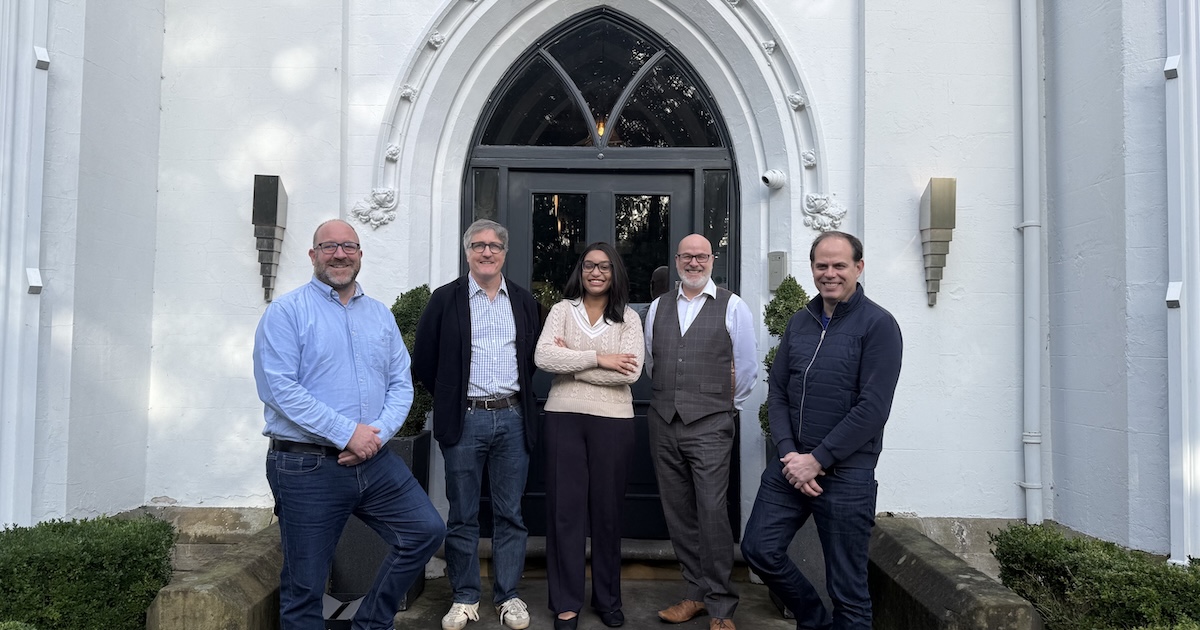Lloyds Banking Group uses its partnership with Plexal to mentor startups, gain market insights and identify ideas and innovations produced by cyber startups.
Through a Plexal introduction, Lloyds Banking Group ran a pilot of our member VIVIDA’s immersive cybersecurity training platform before awarding the startup with a full contract.
We caught up with Katie Holman, senior manager of security innovation at Lloyds Banking Group, to learn more about why the organisation wants to work with startups – and how startups can boost their chances of landing a contract, just like VIVIDA.
Why does Lloyds Banking Group engage with the startup ecosystem?
It provides us with access to new, game-changing solutions. Working with startups and scaleups gives us a channel to learn about new ideas and it enables us to understand how the market is developing.
Lloyds Banking Group has around 30 million customers who have a variety of banking needs. To meet these needs in an agile way, it’s important for us to partner with innovators.
Enterprises should be brave when it comes to working with new companies. We need to reduce the gap between startups, scaleups, academia and industry to enable knowledge sharing. Working with organisations like Plexal helps us do this.
Engaging with the cyber ecosystem can be difficult at first if you don’t know where to start, but working with a Needs Accelerator programme, like the one Plexal delivers, has really helped us add some structure to our search for new, game-changing technology.
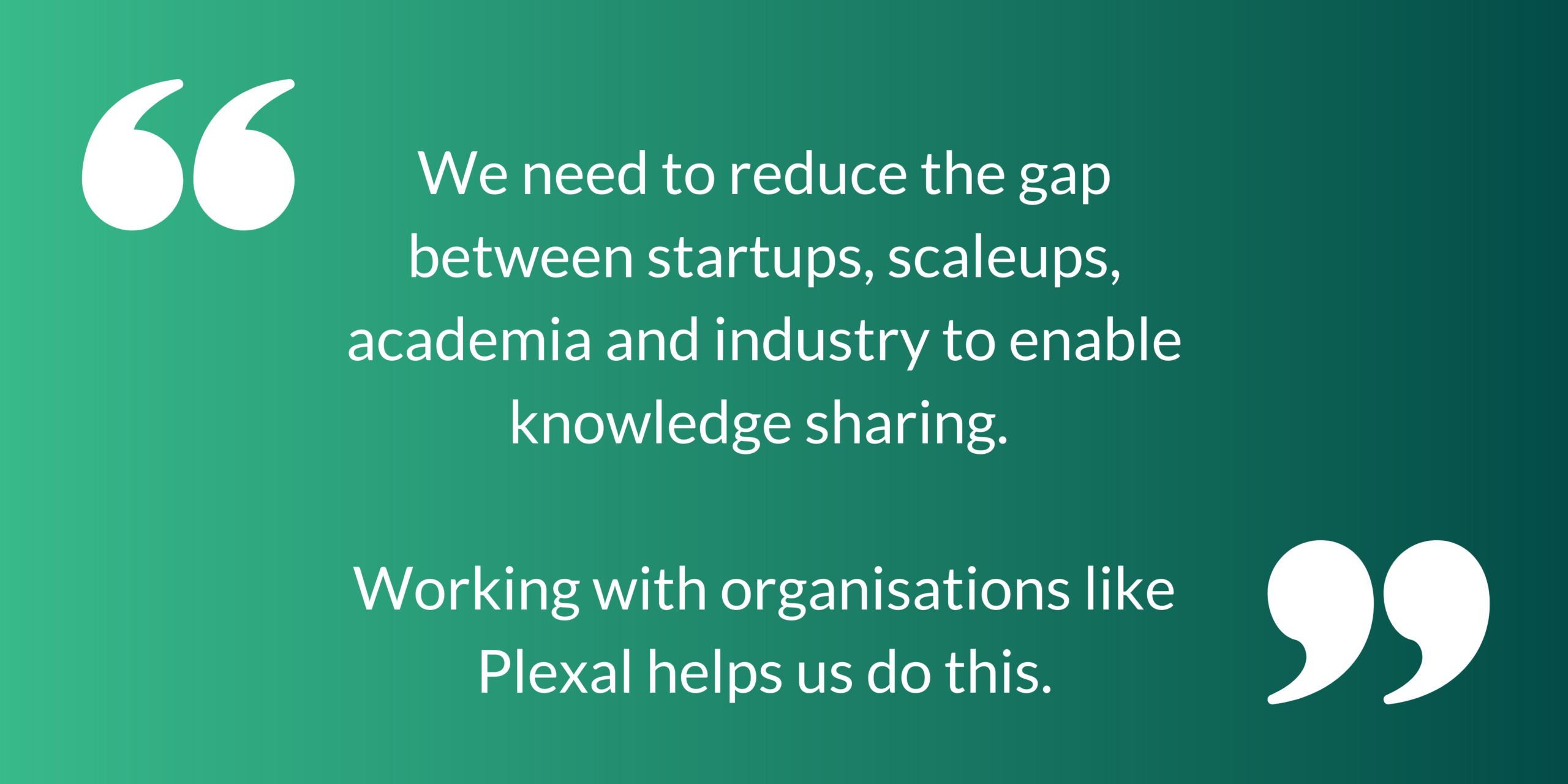
How do you approach startup pilots?
We run proofs of concepts and pilots so we can test, learn and get a full understanding of how a tool could work and how colleagues will receive it. We have to be open to any eventuality and the outcomes help us make those decisions.
What have you learned from working with Plexal and engaging regularly with the startup ecosystem?
We’ve learned that we can work with scaleups and startups beyond just running proofs of concepts. We can provide mentoring and advice from an enterprise perspective too. We can also learn from the cyber ecosystem as much as they can learn from us.
Our Security Innovation team is set up to facilitate this. By using agile principles, we’re able to test approaches, learn from our mistakes and reposition ourselves to make sure both sides – the enterprise and the startup – are getting value.
What advice would you give to startups that want to work with a large enterprise?
Patience and time is key. We’re a large organisation relative to a startup, so we have some governance processes that often mean we can’t move as quickly as a startup would like.
Having clear use cases and a good demonstration of your product also helps us to understand where it could potentially fit.
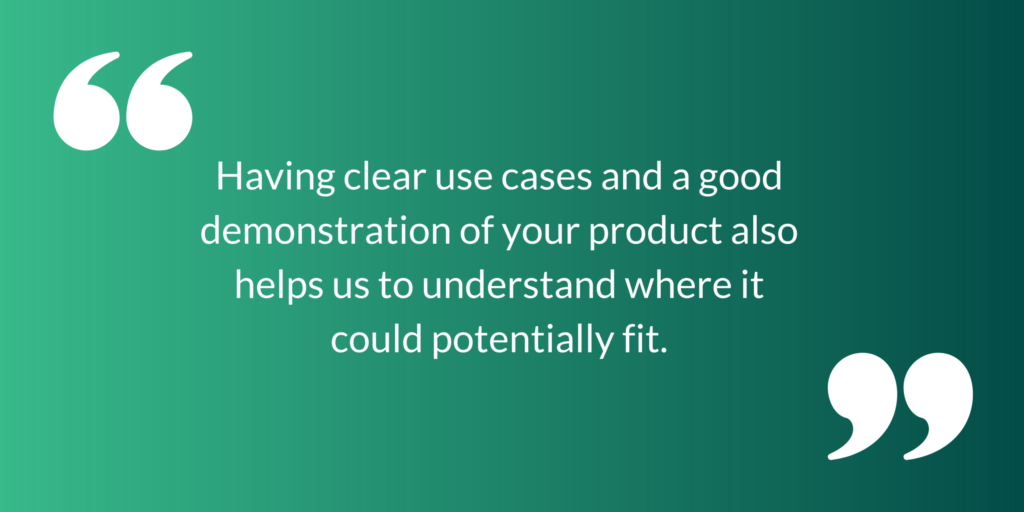
What did VIVIDA get right when they pitched to you and delivered the initial pilot?
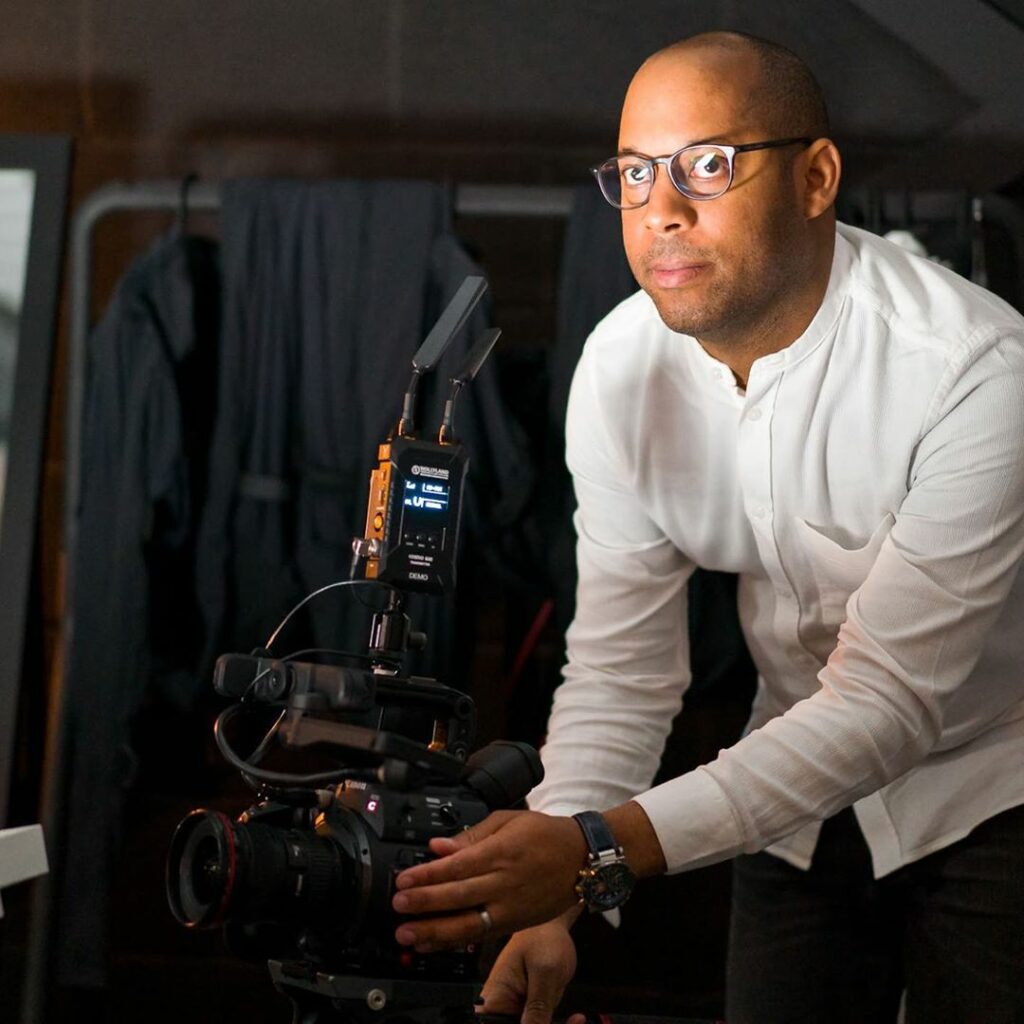
We were already exploring opportunities to innovate when it came to security education and awareness within virtual and augmented reality when VIVIDA appeared on our radar.
After an initial demonstration, we were inspired by the immersive experience it can provide. The demonstration showed that it could be a brilliant way of making the often intangible nature of cybersecurity feel as urgent and important as it is.
We’re now running a work from home module with VIVIDA as a proof of concept to test the effectiveness of the training using this delivery method. It’s an exciting time for the VIVIDA-Lloyds Banking Group relationship.
Learn more about our innovation team’s work and get in touch on connect@plexal.com if you’d like to become a member or enterprise partner!
